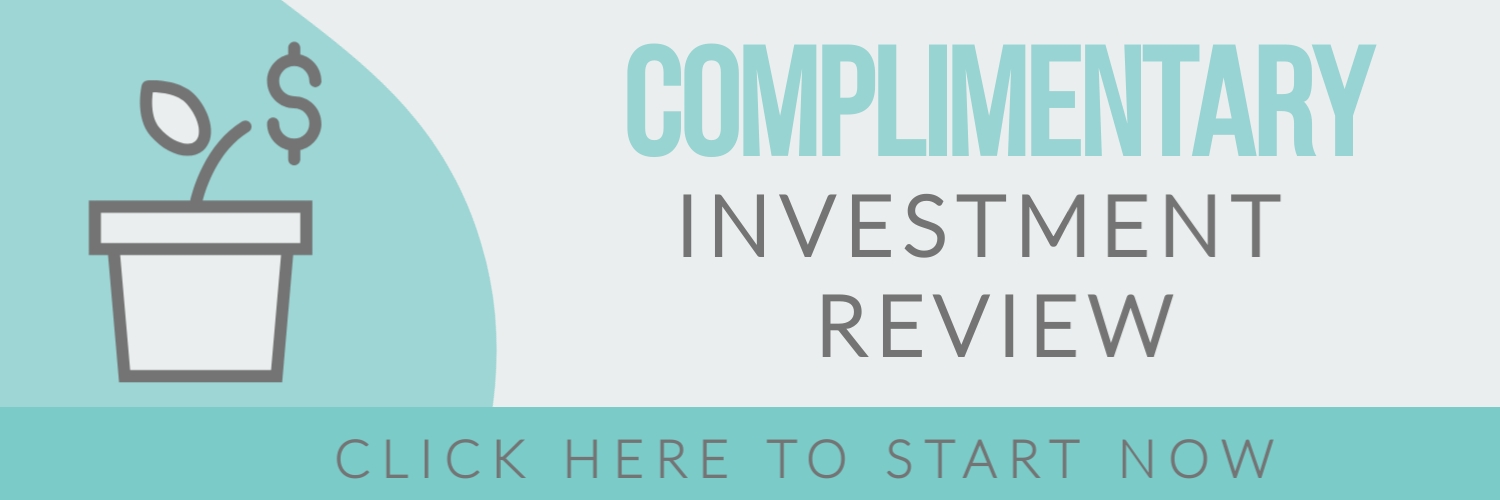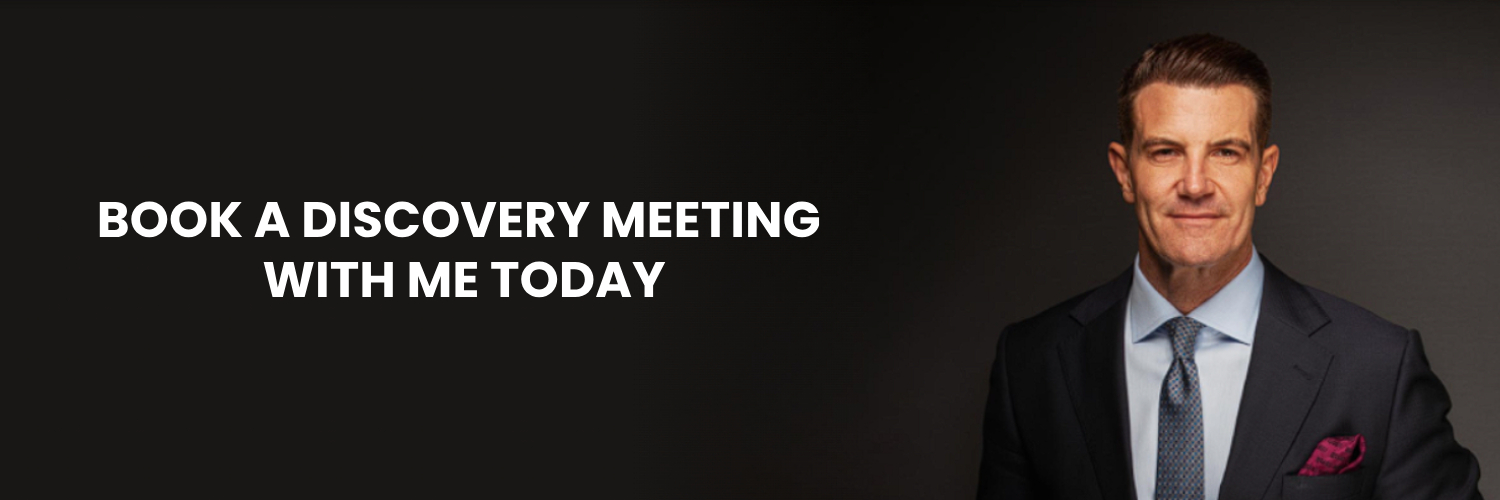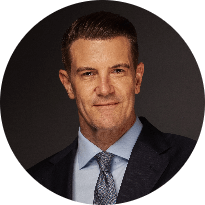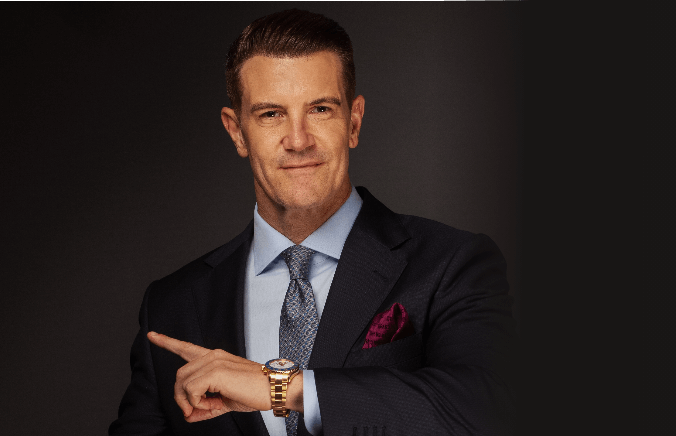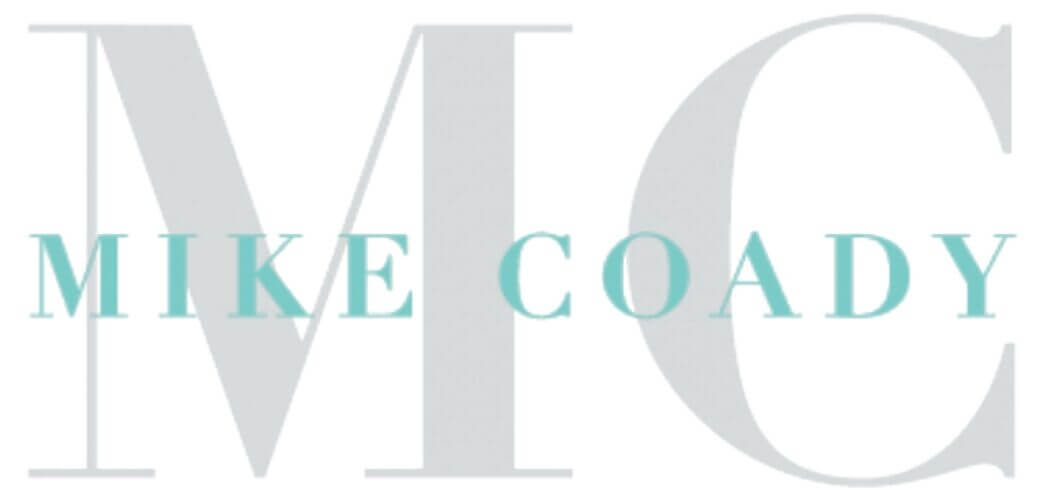
Home Mike Coady talks strategic changes in international financial services

Mike Coady talks strategic changes in international financial services
|
Getting your Trinity Audio player ready...
|
Financial advisers and wealth management firms are working in an evolving industry that constantly responds to international financial services changes. To do justice to our clients, and deliver the world-class service expected of us, we need to constantly evaluate, monitor and improve our own performance. Industry habits and norms need to be challenged – constantly!
The first thing we need to talk about is universally high standards of service delivery. These never occur by accident and are hugely important. The first step is to ensure that the bedrock of international financial advice delivery is there. And that means that all international financial advisers must be appropriately licensed and qualified to give financial advice. Qualification criteria differ between jurisdictions, but we should all agree on, and adhere to a unified and baseline standard.
The right qualifications should be introduced to the right parts of the international financial advisory business. Then, you need a strategy to bring talented employees up to spec if they are lacking qualifications. A knowledge gap analysis is useful for that as a starting point – with the aim being to close the gap.
Accreditations aren’t enough by themselves. Advisers need continual development in both technical and soft people skills. They require support in developing further in areas such as client servicing and communication. Importantly, each member of the advisory team should be assessed and treated as an individual, with their own needs, goals and motivators.
This brings us to the question of motivation. Our first responsibility should always be to our clients. This means giving them the most effective financial solutions that suit their particular goals.
Our responsibility to our clients starts with fully understanding them, and their requirements. Client-risk appetites, investment profiles, and previous investing experience should all be carefully compiled into an accurate and meaningful profile. Attitude to risk assessment tools can help in this, by profiling individuals and their attitudes and preferences.
This knowledge should then be made part of an organisation-wide customer relationship management system that centralises it, unifies it and makes it available to all the experts and service professionals who will interact with a client. Thus, you can create a seamless chain from a client’s risk profile assessment through to investment matching. In our company, we are busy implementing the procedures and technology to facilitate this knowledge sharing.
As an industry, we need to stamp out uncertainty and lack of transparency in costs and charges. Clients need to be fully apprised of all costs and charges associated with investment options from the very start. These need to be explained clearly and understood by the client. This discussion of cost establishes the relationship of trust between the adviser and the client.
Once recommendations are offered to a client, they should be formalised in a suitability report. Whether oral or written, all advice should be documented and entered and pulled through into the client relationship management system. This helps build consistency across all client communications.
Leadership and governance are important too. Companies should have in-house investment committees advising on risk and asset allocation. This would include clear policies on the use of structured notes, UCIS funds, in-house funds, non-standard assets and any ongoing commission-paying investments.
At the management level, it is the job of senior team members to maintain oversight over all client touchpoints. Cross-checking helps ensure that the client’s goal and the recommended plans are in alignment. Regular reviews by team leaders and managers need to become standard industry-wide to create an extra layer of oversight, security and transparency. Again, we are implementing this practice to live up to the world-class standards our clients demand and expect from us.
Financial advisory services should never be about a one-off encounter. Once we’ve onboarded a client, we must deliver continuous support and communications to make sure our relationship stays strong, and client goals remain on track. Regular interaction and meaningful investment reviews go a long way towards building trust and forging lasting client relationships.
Effective client servicing is only as good as the team doing it. Learning, development and upskilling opportunities for team members are essential! That’s why we sponsor training, learning and accreditation opportunities for all our teams.
And finally, we need to embrace the always-ready, always-available ethos that comes with digitalisation. Our clients need access to us 24/7, and we can facilitate that through technology. For example, we have to have dedicated portals where our clients can track their investments and up-to-date valuations through dashboards whenever they want, from wherever they are.
If done right, wealth management is an industry that can have a tremendously positive impact on people’s lives by helping them achieve financial security. We have a responsibility to our clients and society as a whole. It is therefore incredibly important that we continue our efforts to evolve strategically and raise our standards. Ultimately our standards are what define us.
About Mike Coady
Mike Coady is an expat expert based in Dubai and is on hand to help with all of the above and more.
Mike is an award-winning money coach and industry leader in the financial sector.
Qualified to UK Financial Conduct Authority (FCA) standards, a member of the Chartered Insurance Institute, a Founding Fellow of the Institute of Sales Professionals (FF.ISP), and a Fellow of the Institute of Directors (FIoD) and featured as a highly qualified Financial Adviser in Which Financial Adviser.
To learn how to choose a great financial adviser, download our free guide.
Blog published by Mike Coady.
Related
You May Also Like
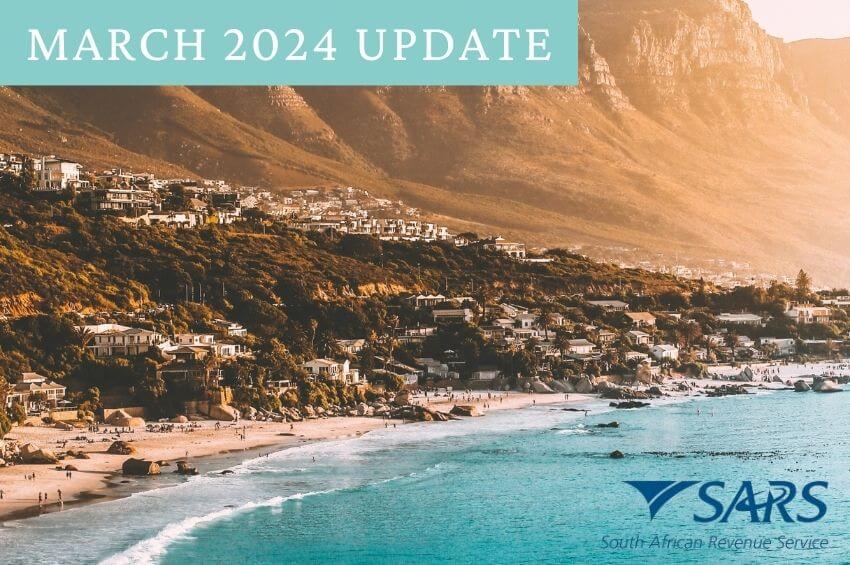
South African Expat Tax Update 2024
South African expatriates should not only understand the newly implemented 2023/2024 tax laws, which aim at taxing their...

British Expats – please cancel your Premium Bonds now!!
“They are nowhere near as good as they used to be and now that you are an expat,...

Let’s learn quality control from manufacturing
Let’s learn quality control from manufacturing I’ve gone on record before saying the quality is never an accident....
DISCLOSURE:
mikecoady.com, the website, does not provide financial, investment or tax advice. It is specially designed to provide its users with general information. It does not give individual or specific advice on which products or services are the most appropriate for an individual’s particular circumstances. We may from time to time publish content on this site that has been created by affiliated or unaffiliated contributors.

